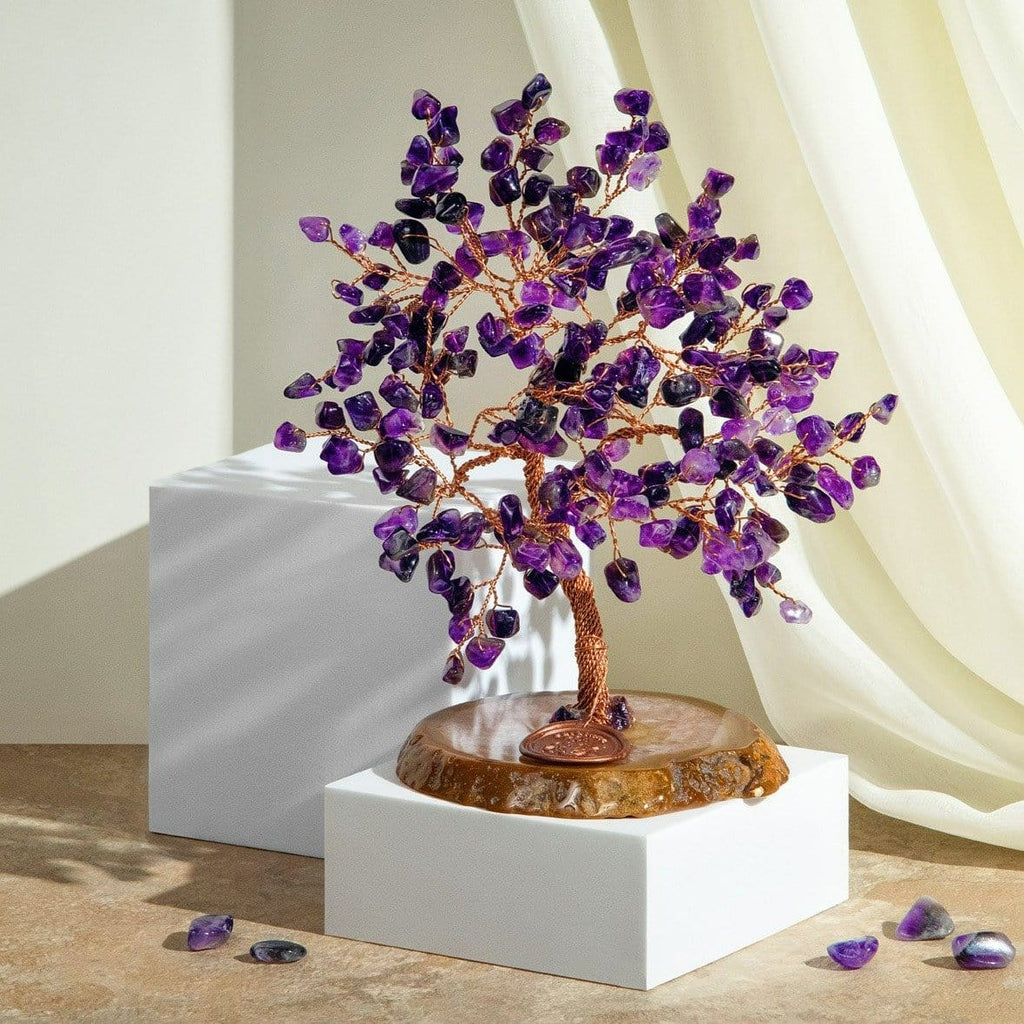
Energy is all around us - there is the wind that ruffles our hair, the sun that gives light and warmth, and gravity that keeps us grounded. Even when we cannot see it, energy is flowing constantly all around us. In Feng Shui, this energy called Qi.
Balancing the Qi
The study of how Qi in space affects us is the focus of Feng Shui. Feng Shui is, in simple terms, is the art of design that balances the flow of energy. The principles of Feng Shui are rooted in the connection between humans and their physical space - how specific designs create energies that impact us.
While Qi is essential to life, it can also affect us negatively. For example, when sound energy is too much, it becomes noise. Imagine the mood you are in when you wake up to the sound of drilling from next door. Negative Qi called Sha Qi can cause irritation, anger, discomfort, and even lead to physical ailments.

Spirituality Meets Design Meets Science
Feng Shui is practiced in many cultures for thousands of years. Only recently has science caught up and formalized the study behind the connection between humans and their environment. This study of the relationship between an individual and their environment is at the core of environmental psychology.
Environmental Psychology is focused on the interrelationship of human beings and their environment, whether natural or man-made. Similar to Feng Shui, it believes that our environment has a significant effect on our mental, psychological, and physical states.

“In nature, there is often a sense of smooth movement (breezes, flow of a brook, the sunlight shifting, etc.) that may be missing in man-made environments” – Sally Augustin, PhD (Place Advantage: Applied Psychology for Interior Architecture, 2009, p. 85).
When your space is not in harmony with the natural elements, you may feel stressed and anxious. Adding a touch of nature in your house and workspace fills in that gap missing in an otherwise lifeless environment.




















































